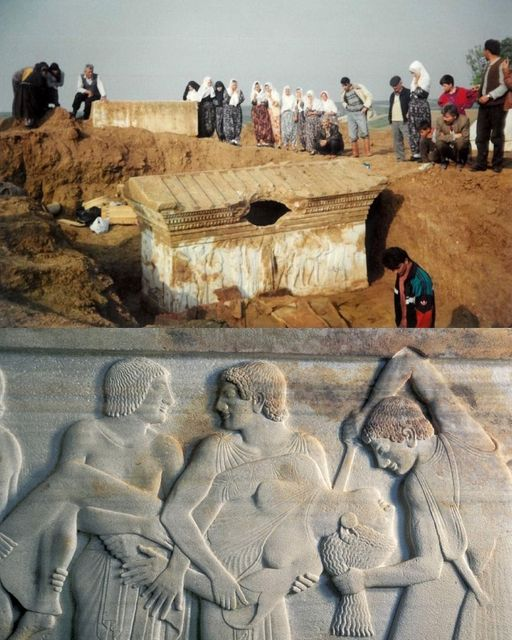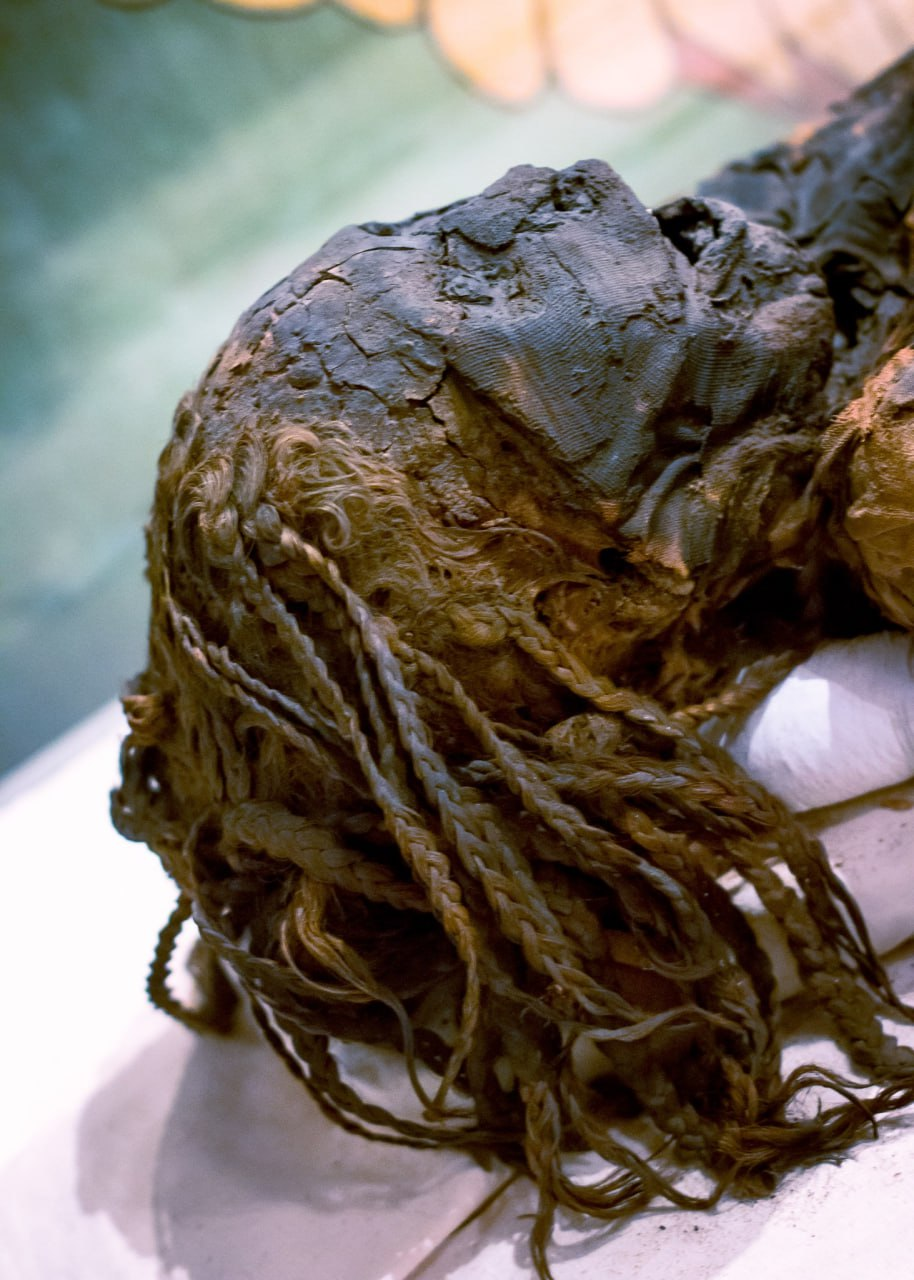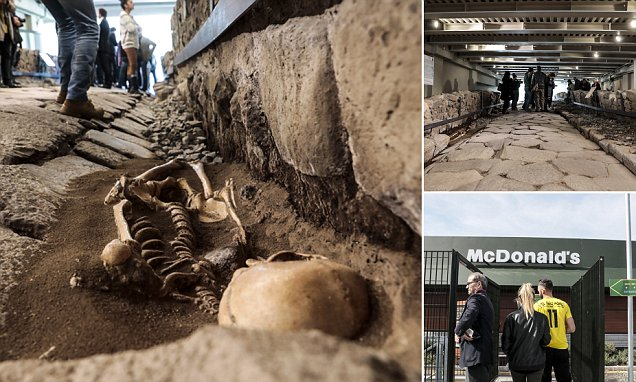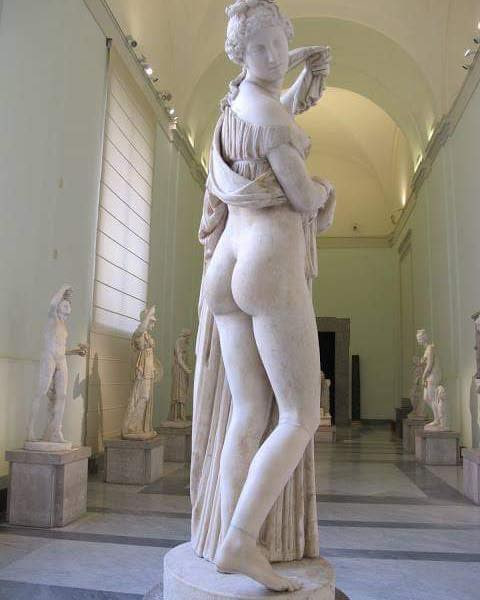Greeks and Polish Interaction, Historical Connections, Cultural Exchange
The history of human civilization is replete with tales of cultural exchange and interaction between diverse peoples, each leaving their mark on the tapestry of time. Among the myriad threads woven into this rich fabric are the interactions between Greeks and Polish—a fascinating journey of exploration, trade, diplomacy, and cultural exchange. Join us as we embark on a journey through history to uncover the depth and significance of the relationship between these two vibrant cultures.

Ancient Connections
The roots of interaction between Greeks and Polish can be traced back to ancient times, when Greek traders and explorers ventured far beyond the shores of the Mediterranean in search of new lands and opportunities. Evidence of Greek artifacts and influences has been found in archaeological sites across Poland, suggesting a degree of contact and exchange between these ancient civilizations. Whether through trade routes or diplomatic missions, the Greeks left an indelible imprint on the cultural landscape of Poland, laying the foundation for future interactions.

Medieval Diplomacy
As Europe entered the medieval period, diplomatic relations between Greek and Polish rulers began to take shape. In the 14th century, King Casimir III of Poland forged alliances with Greek rulers in the Byzantine Empire, seeking to strengthen trade ties and mutual defense against common adversaries. These diplomatic efforts resulted in increased contact between the two nations, paving the way for cultural exchange and collaboration in areas such as art, architecture, and religious practice.

Renaissance Revival
The Renaissance era witnessed a resurgence of interest in classical Greek culture and ideals, sparking a renewed fascination with Hellenic art, philosophy, and literature among European intellectuals, including those in Poland. Polish scholars and artists embraced Greek influences, incorporating elements of Greek mythology, architecture, and literature into their works. This cultural revival served to deepen the connection between Greeks and Polish, fostering a shared appreciation for the beauty and wisdom of ancient Greece.
Modern Encounters
By the 19th century, the world had entered a new era of globalization and interconnectedness, fueled by advancements in transportation and communication. While direct interactions between Greeks and Polish may have been limited during this period, the spirit of cultural exchange continued to thrive through the exchange of ideas, literature, and artistic expressions. Greek literature, including the works of Homer and Plato, found eager readers among Polish intellectuals, while Polish poetry and music captivated Greek audiences.
Contemporary Collaboration
In the present day, the relationship between Greeks and Polish continues to evolve, shaped by shared values, interests, and aspirations. Economic cooperation, educational exchanges, and cultural partnerships serve as pillars of mutual understanding and friendship between the two nations. Whether through joint ventures in business and academia or cultural festivals and exhibitions, Greeks and Polish find common ground in their shared humanity and quest for progress.
Conclusion
As we reflect on the historical interaction between Greeks and Polish, we are reminded of the enduring power of cultural exchange to transcend boundaries and forge connections between diverse peoples. From ancient trade routes to modern-day collaborations, the relationship between Greeks and Polish has endured the test of time, enriched by mutual respect, curiosity, and admiration. As we look to the future, let us continue to celebrate the richness and diversity of our shared heritage, embracing the spirit of cooperation and friendship that unites us across continents and centuries.






